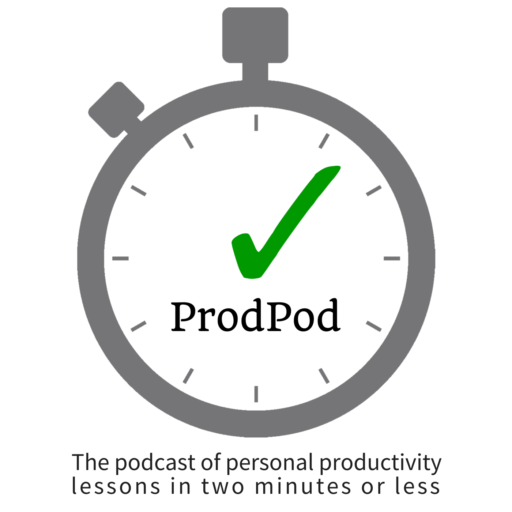Stop Digging: Unproductive Habits
This is part two of our 4-part podcast on How to Form a Productive Habit. In this episode, we’ll be discussing Unproductive Habits.
This is part two of our 4-part podcast on How to Form a Productive Habit. In this episode, we’ll be discussing Unproductive Habits.
Most productive habits start by the realization of an unproductive one. So, my first piece of advice is to stop digging as best you can. If your clothing caught on fire, you shouldn’t run as the fire will spread. The best thing to do is to stop, drop and roll, to cut off the oxygen vital to the fire. Much of your behaviors that built your unproductive habits were noticeable when you first formed them. Combat the unproductive habit by taking the time to reflect on it before replacing the unproductive habit with your newly-formed productive habit.
Next, ask yourself: What was the original purpose or reason for the development of this unproductive habit? What need/want did it fulfill? And what is the new necessity or desire you want to achieve? Write this down. Put it in a drawer and come back to it as often as necessary.
Negate as much negative self-speak and internal dialog. I also suggest not talking about habits as “good” or “bad” as it connotes judgment more than if something is quantitatively or qualitatively productive or not. And one final guideline: Avoid using the present or past tense of the modal auxiliary verbs: will, should, would, could, can, must, ought to, had better, dare and need. I find that people who keep their self-speak in the present indicative mood (I am a productive person. INSTEAD OF I will be a productive person.) tend to shed bad habits faster and long-term.
